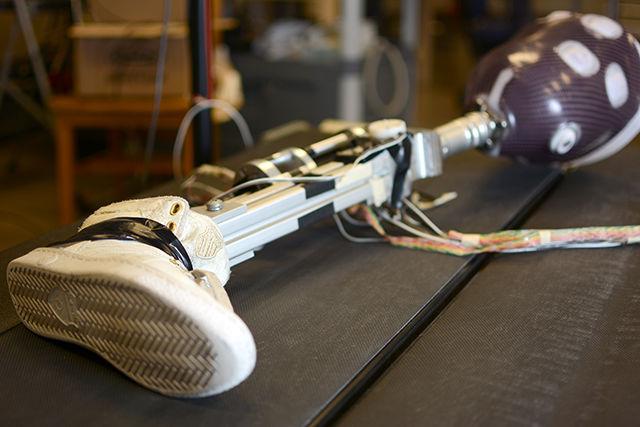UNC-Chapel Hill and NC State are working toward advancements with the Joint Department of Biomedical Engineering (JDBE), hoping to allow participants to be full students at both universities.
The JDBE has existed since 2003 for graduate students, but has only been developed in the past few years for undergraduate students. The program is not yet accredited, but stands to become the first fully joint undergraduate department in the nation according to Nancy Allbritton, the head of the JDBE since 2009.
Allbritton said that NC State and UNC-CH have the opportunity to provide their students with more resources than they would be able to as separate universities.
“I think it’s pretty exciting that NC State and UNC-Chapel Hill can really work together to bring a lot of benefits to their students,” Allbritton said. “A lot of schools are just so stuck in rivalries that they can’t, they don’t necessarily go to the next step. But both NC State and UNC, the chancellors, provosts, deans are through-the-roof enthusiastic about this partnership.”
In May the JDBE graduated its first undergraduate students in the department. However, since the undergraduate department is not yet accredited, students at NC State are unable to participate fully to earn their engineering degree from the accredited program at NC State. UNC Chapel Hill does not currently offer a separate engineering degree, so UNC students don’t have anything to lose and are already full participants in the joint department degree.
The JDBE is in the process of gaining accreditation from the Accreditation Board for Engineering and Technology. Although waiting for accreditation, NC State students still have access to some benefits of the joint department, like joint senior design teams, UNC-CH student IDs and resources that are only available at UNC-CH.
Faculty within the department can utilize resources at both campuses. Once accredited, the department will be able to fully integrate at both universities, and even more doors will be open to students and faculty.
Lianne Cartee, the director of undergraduate studies within the department, hopes that in 10 years students will be able to take full advantage of resources at both universities.
“I think students will be better able to pursue their individual interests because there will just be more options available to them,” Cartee said.
Students can apply to be in the program at the end of their first year, and the department accepts a maximum of 80 students from each school. Eventually students will be able to take classes at both schools within the same semester, even changing which campus they live on depending on their personal needs.
“I think it will be really cool, especially since UNC has a medical school, that it will be great to have more of that connection for either research or just more practical applications,” said Kendall Wiggins, a senior studying biomedical engineering, at NC State and an ambassador for the JDBE.
Wiggins is one of six ambassadors for the JDBE. The ambassadors act as resources to students, giving tours and help out with sophomore orientation, among other things.
“Getting to know the other UNC students and getting to know my classmates has always been just a fabulous part of what our community is, what our major is,” said Lauren Halsey, a senior at NC State and another ambassador for the JDBE. “Because we are so small it is easy to get to know people, and it makes it nice for networking and really getting to know one another.”
“I think students will be better able to pursue their individual interests because there will just be more options available to them.”








